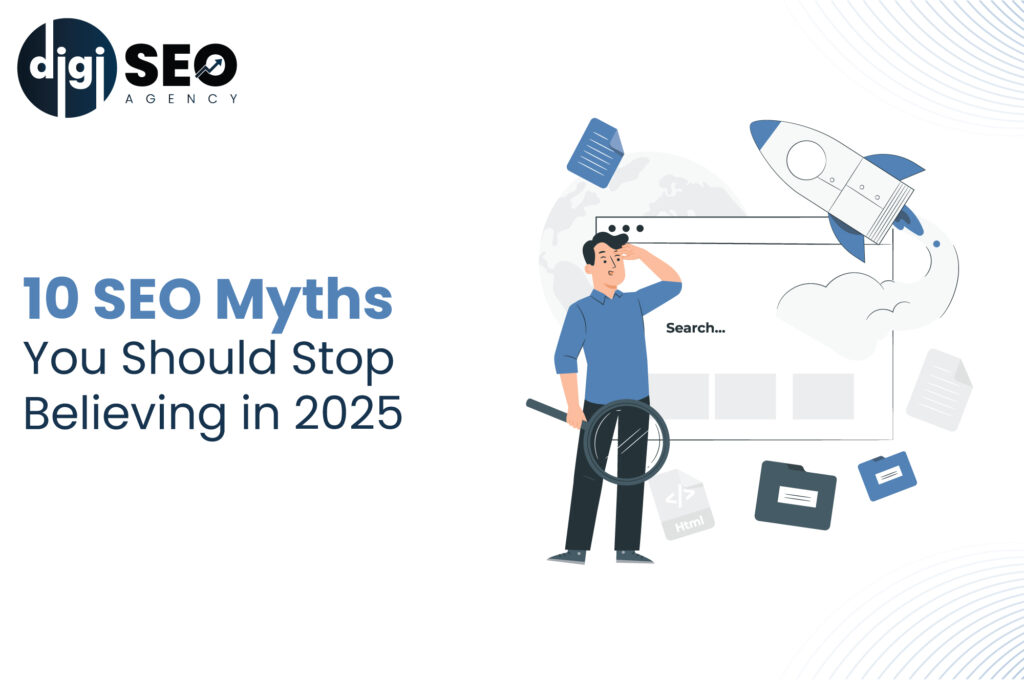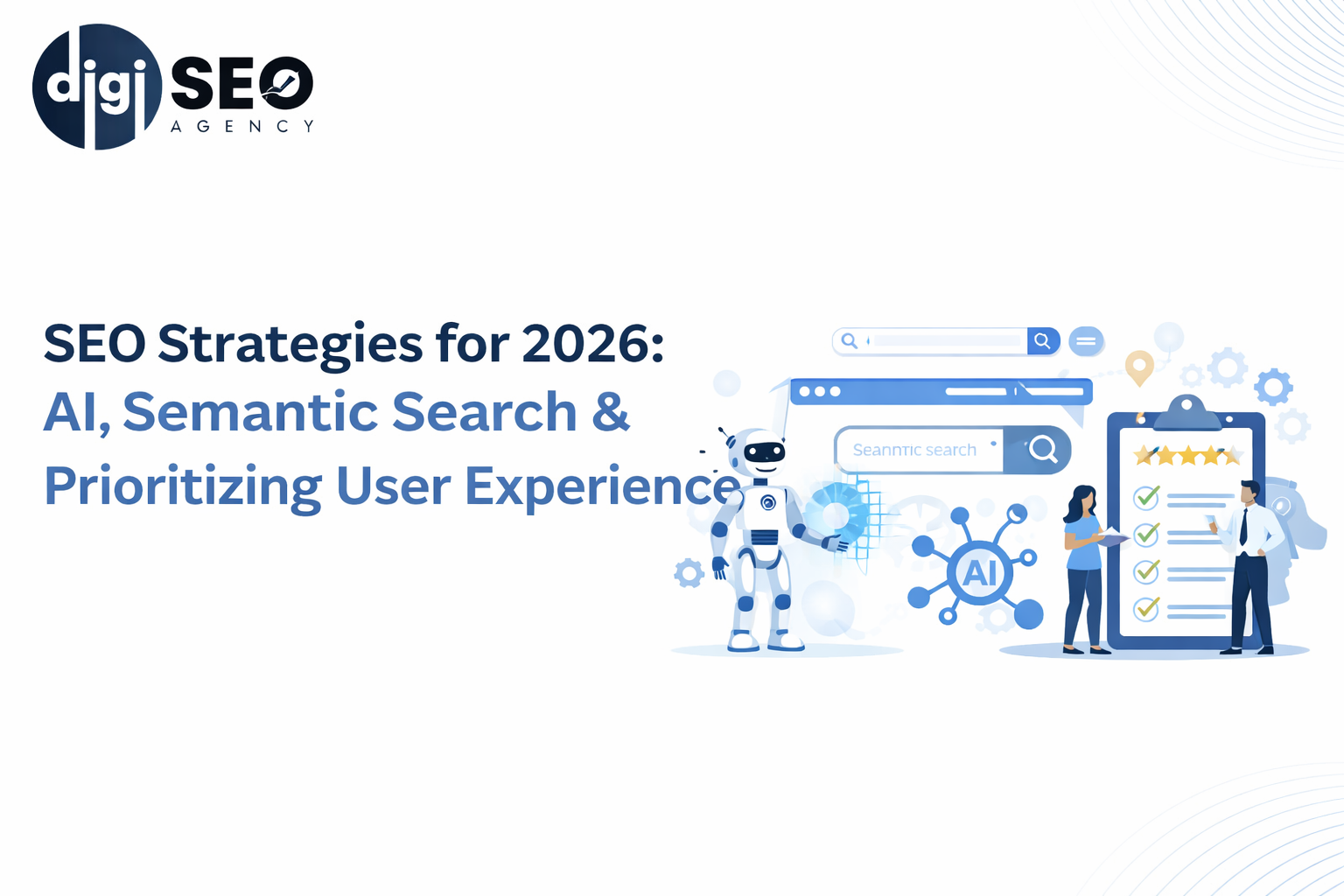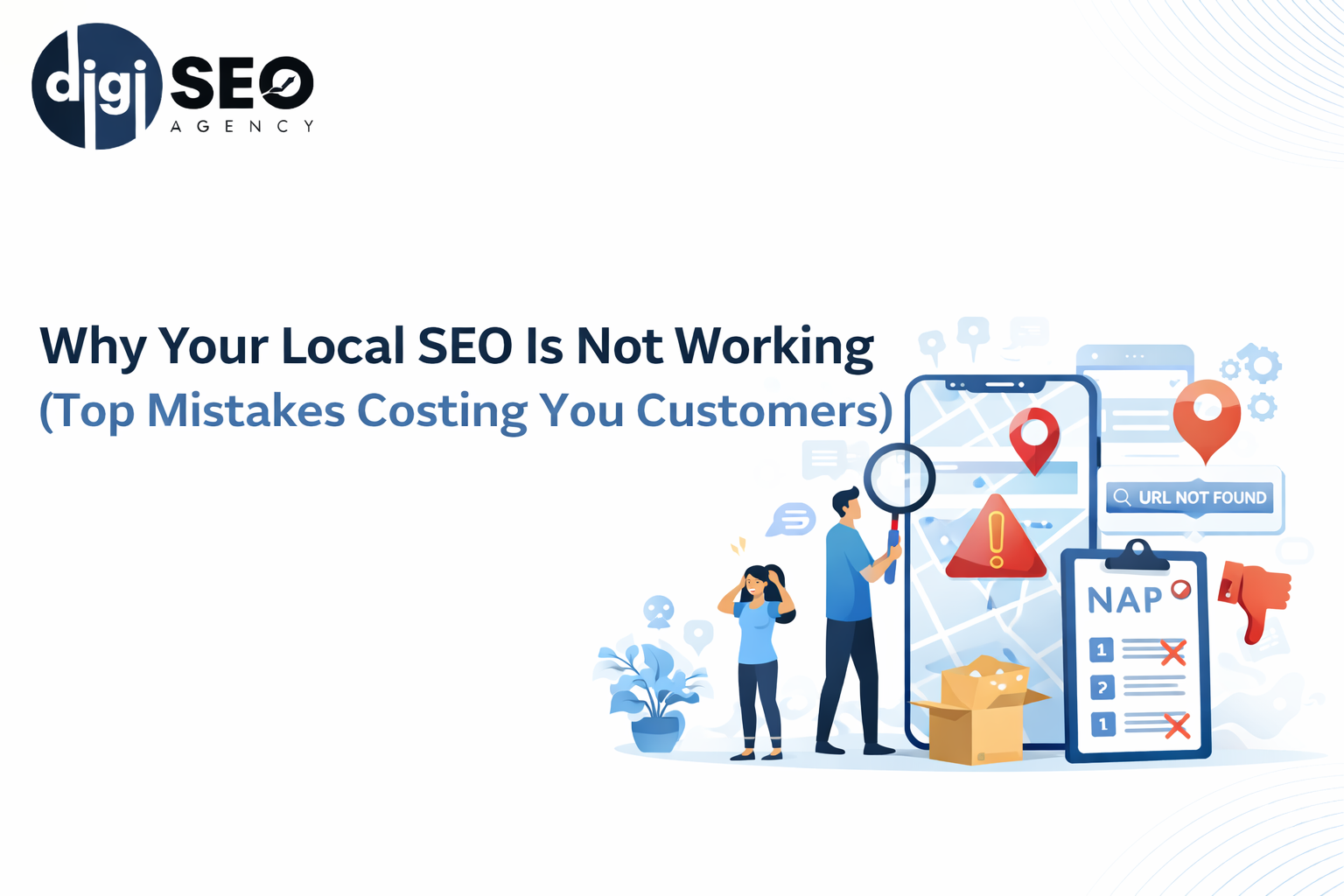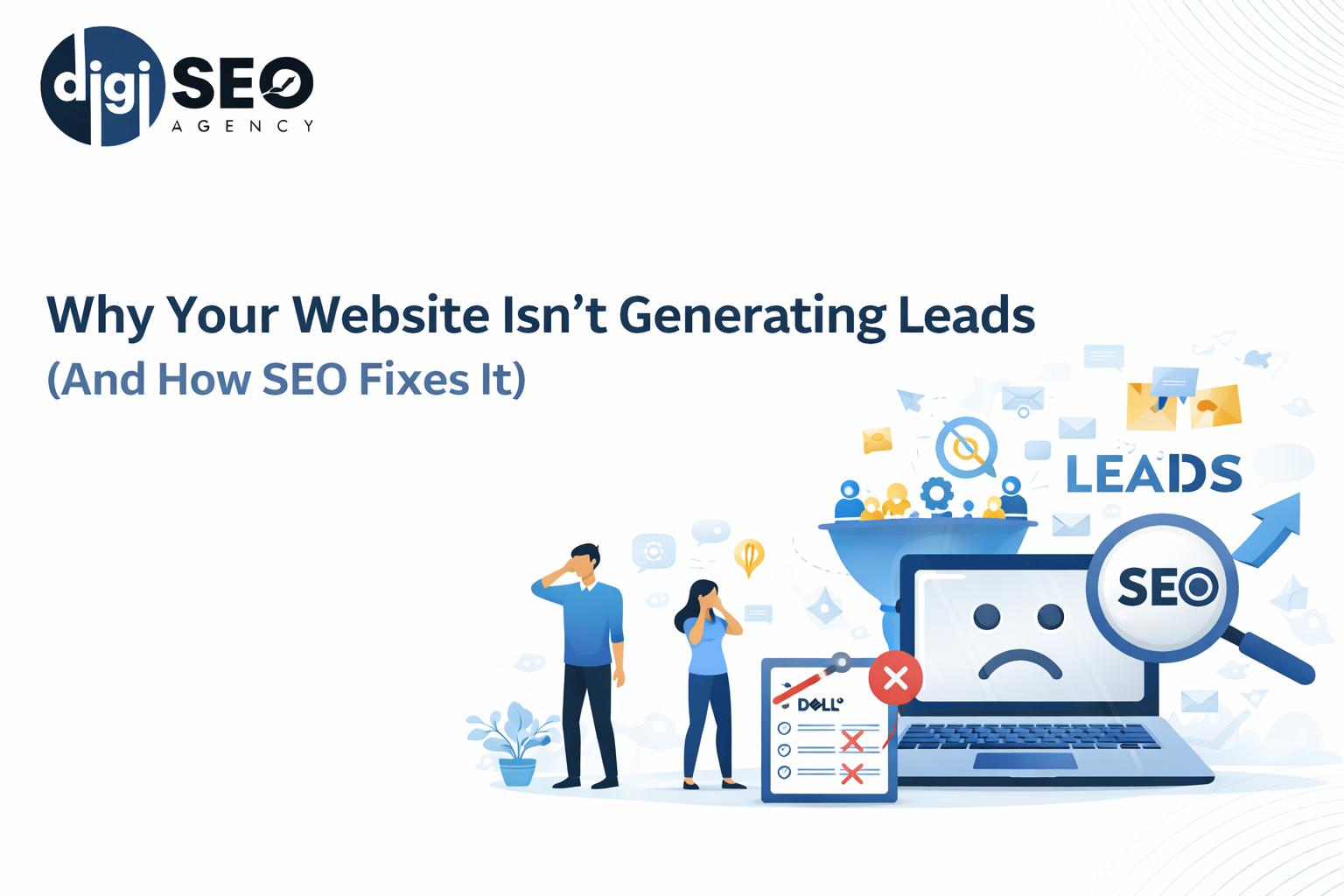Introduction
In the fast paced world of B2B marketing, search engine optimization (SEO) is vital for increasing online visibility and attracting qualified leads. Yet, despite its significance, many marketers still cling to outdated myths that can derail their efforts. Understanding what truly matters in SEO can make a significant difference in how businesses approach their online strategies. Let’s explore some of the most persistent SEO myths and uncover the realities behind them.
Top SEO Myths That Could Be Holding Back
SEO Is a One Time Task
One of the most widespread misconceptions is that SEO is a one-time endeavor. Some believe that once they’ve optimized their website, they can sit back and relax. However, this misconception is far from accurate.
SEO requires ongoing attention and adjustment. Search engine algorithms are constantly evolving, and your competitors are always refining their strategies.
Keeping your content fresh and relevant is essential. Regularly revisiting your SEO tactics allows you to adapt to new trends and maintain your competitive edge. For businesses aiming to establish a robust online presence, continual optimization is a must.
Keyword Stuffing Improves Rankings
Another myth that has persisted over the years is the idea that cramming as many keywords as possible into your content will lead to better rankings. This method is not only old-fashioned but can also be detrimental to your SEO efforts. Modern search engines prioritize user experience and relevant content over keyword density.
Instead of focusing on stuffing keywords, aim for a more natural integration of phrases within high-quality content. Engaging and informative writing resonates more with readers and search engines alike. When done right, your content will naturally attract the keywords you want to target.
Backlinks Are the Only Factor That Matters
While backlinks are undeniably important in SEO, they are not the sole factor influencing your site’s performance. Overemphasizing backlinks can lead to the use of low-quality link-building practices that may ultimately harm your site.
A balanced approach is essential. Focus on creating valuable, authoritative content that naturally earns backlinks. Additionally, pay attention to technical SEO aspects like site speed and mobile optimization. These elements contribute significantly to how search engines assess your site.
Social Media Has No Impact on SEO
Some marketers believe that social media activity has no effect on SEO, but this isn’t entirely true. While social signals like likes and shares aren’t direct ranking factors, they can increase your content’s visibility, leading to more traffic and potential backlinks.
Promoting your blog posts and articles on platforms like LinkedIn and Twitter can help you reach a broader audience. Engaging with your community on social media can also enhance your credibility and authority, indirectly benefiting your SEO efforts.
Local SEO Is Irrelevant for B2B Companies
Another common misconception is that local SEO is only relevant for B2C businesses. In reality, local SEO can be crucial for B2B companies that target specific regions or industries. If your business operates in a particular locale, optimizing for local searches can help you attract clients in your area.
Creating a Google My Business profile and optimizing for location-specific keywords can significantly enhance your visibility. Encouraging clients to leave reviews on local directories can further boost your local presence. Ignoring local SEO could mean missing out on valuable opportunities.
Paid Ads Boost Organic Rankings
There’s a belief that investing in pay-per-click (PPC) advertising can directly improve your organic rankings. While PPC and SEO can complement each other, paid ads do not influence organic search algorithms.
However, using PPC strategically can help you gain insights into which keywords perform well, allowing you to refine your organic SEO efforts. It can also drive immediate traffic to your landing pages while your organic strategies take time to build momentum.
SEO Results Are Instant
In today’s fast-paced environment, many marketers expect immediate results from their SEO efforts. In truth, SEO requires a commitment over the long haul. Significant improvements in rankings can take several months to materialize.
Managing expectations is vital. Set realistic timelines and communicate the nature of SEO to stakeholders. Use analytics to highlight incremental gains, such as increased impressions or improved click-through rates, to maintain confidence in your strategy.
You Only Need to Optimize for Google
While Google is the dominant search engine, neglecting other platforms can lead to missed opportunities. Optimizing for Bing, Yahoo, and even niche search engines can help you reach different segments of your audience.
Additionally, video content is becoming increasingly important, particularly on platforms like YouTube. Tailoring your SEO strategy to various platforms ensures you don’t overlook potential traffic sources.
SEO Is Only About Rankings
Focusing solely on achieving high rankings can create a narrow perspective of SEO’s potential. For B2B businesses, the ultimate goal is not just visibility but also lead generation and conversion.
Optimizing landing pages for conversion and tracking metrics beyond rankings, such as engagement and lead quality, will provide a more comprehensive view of your SEO success. Aligning your SEO efforts with your broader business objectives ensures every initiative contributes to tangible outcomes.
Content-Length Alone Determines SEO Success
Many believe that longer content automatically ranks better. While comprehensive articles can perform well, the quality and relevance of your content are far more important than word count. Search engines prioritize user satisfaction and aim to deliver content that addresses users’ queries effectively.
Crafting content tailored to your audience’s needs whether brief or detailed will resonate better. Strive for clarity and actionable insights to engage your readers, regardless of length.
Conclusion
Debunking these common myths is essential for B2B marketers looking to enhance their SEO strategies. By focusing on what truly matters, ongoing optimization, quality content, and user engagement, you can navigate the complexities of SEO with confidence. Remember, working with an experienced SEO company in Ahmedabad can also provide valuable insights and support as you refine your online presence. Stay adaptable and customer-focused, and your SEO efforts will yield meaningful results.




